It’s no secret that the world of investing loves an acronym, and over the last decade, the use of ‘ESG’ has become a somewhat household name within the space. However, what does it actually mean, and is ESG the same as Impact Investing and Socially Responsible Investing?
ESG refers to Environment, Social and Corporate Governance. In a nutshell, it is a criteria to assess how well a company performs against these three issues and can be used to analyse negatively performing companies and seek out opportunities.
Issues may include topics like
E - pollution/emissions, S - Human rights, G - board structure.
Despite a recent boom, this set of criteria has actually been around since the 1960s as investors looked to exclude companies invested in ‘dirty’, ‘bad’ or ‘controversial’ activities such as those involved in the South African apartheid.
Analysing companies against these criteria allow an additional analysis layer for accurate valuations to hopefully mitigate risk and produce a financial return. A good example would be the 2015 Volkswagen scandal that saw stocks plummet as it was discovered that VW had lied about its emissions scheme and a ‘light’ approach to ESG from investors essentially missed the signs.
So, in a nutshell, ESG criteria can be used to analyse negatively performing companies and seek out opportunities in relation to specific issues and is often used in addition to traditional financial analysis to establish valuations.
So, what’s driving the trend?
Recently the growth of ESG has skyrocketed, with global AUM estimated to hit $53 trillion by 2025! PwC predict that ESG will account for more than half Europe’s funds under management by 2025! Several factors have fueled this:
- Younger generations, such as millennials, are more concerned about the impact their finances have on the world we live in.
- The global landscape has changed with new regulations coming into play to mitigate ESG risks such as climate change exposure and privacy issues.
- The availability, transparency, and tools we now have to analyse ESG data have grown, giving more accurate insight into how companies perform.
Don’t forget the others!
It’s not just ESG that has graced the investing landscape. Impact Investing and Socially Responsible Investing are terms that often get used interchangeably but mean quite different things.
Socially Responsible Investing takes ESG to another tier and looks to negatively or positively screen companies based on certain principles, for example, removing all companies from a portfolio involved in tobacco. While financial returns are still important, the alignment to specific characteristics must be met.
Impact Investing is different again as it looks to only direct capital into companies that have a positive outcome against specific criteria, regardless of financial performance. An example might include an NGO that produces climate tech.
Ultimately, the investment criteria to be used comes down to the balance between the desire for financial return and the importance of alignment to specific issues.
We’ll be diving into Impact Investment and SRI in more detail in upcoming blogs.
Want to read more...?
- https://www.msci.com/esg-101-what-is-esg
- https://www.investopedia.com/financial-advisor/esg-sri-impact-investing-explaining-difference-clients/
- https://www.rockpointadvisors.com/insights-the-vw-emissions-scandal-a-failure-of-esg-investing.php
- https://www.msci.com/esg-101-what-is-esg/evolution-of-esg-investing
- https://www.bloomberg.com/professional/blog/esg-assets-may-hit-53-trillion-by-2025-a-third-of-global-aum/











-beige.png)













